1. Archie Bunker from All in the Family
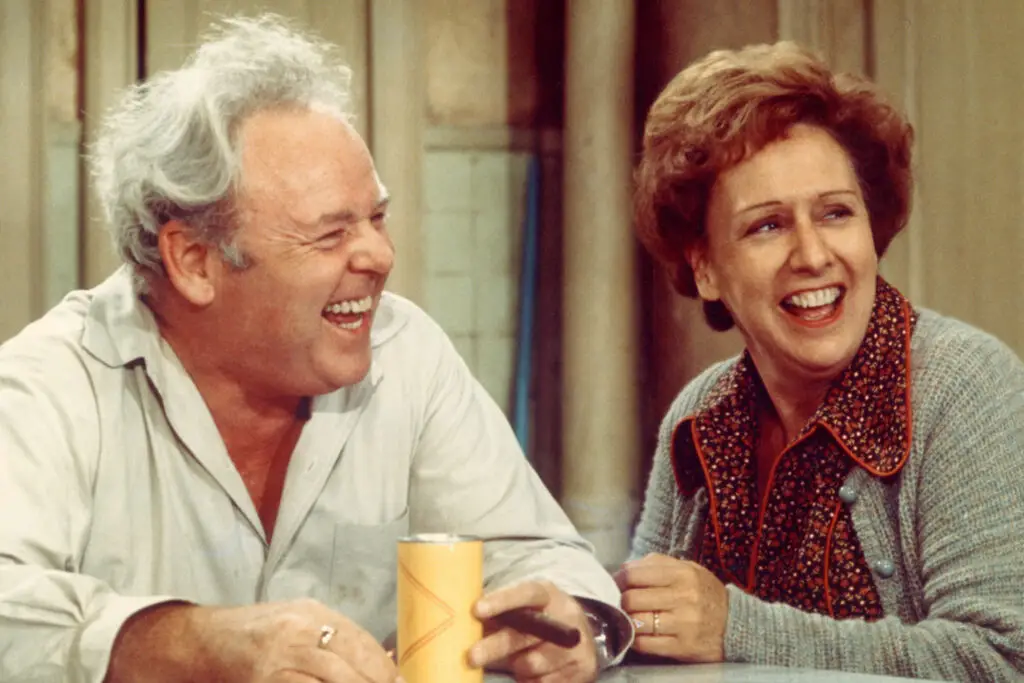
Archie Bunker became one of the most talked-about sitcom characters of the ’70s. He was blunt, bigoted, and loud, often saying the very things most people knew were wrong but didn’t always confront. Norman Lear created him as a satirical figure to highlight prejudice, but the humor often came directly from his offensive remarks. Families at home would debate his lines, sometimes laughing, sometimes cringing.
If Archie were written today, he would be far too inflammatory, even if the intent was to call out his flaws. Modern sitcoms shy away from giving a main character such blatantly racist and sexist dialogue. His rants would spark social media outrage before the second episode aired. Still, Archie left an important legacy by forcing conversations about tough issues, something few sitcoms had dared to do before.
2. George Jefferson from The Jeffersons
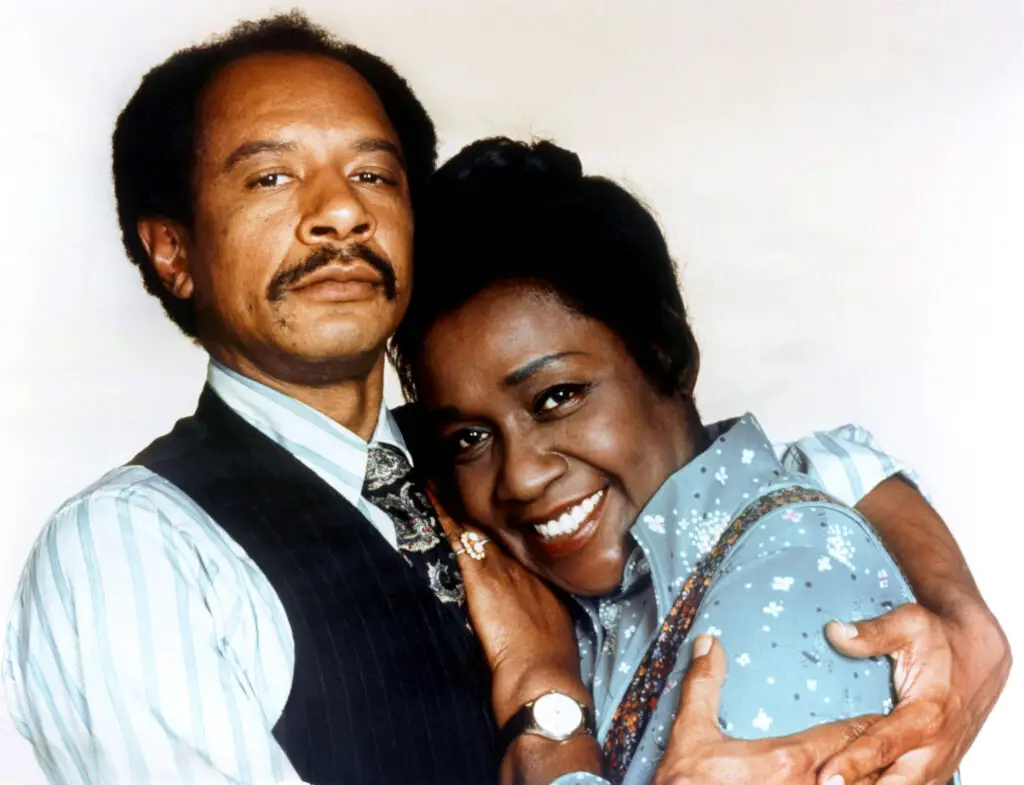
George Jefferson was bold, brash, and unapologetic, qualities that made him unforgettable. He traded jabs with his white neighbors, Tom and Helen Willis, and much of the comedy came from sharp insults. While the show was progressive for its time, George’s barbs leaned heavily into stereotypes. His confidence was groundbreaking, but his humor often pushed the line.
A character like George might be toned down today, since networks are more cautious about racial jokes, even if the intent is satirical. His swagger and independence would absolutely still resonate, but his put-downs would likely feel dated. What hasn’t aged is his role as one of TV’s first wealthy Black business owners, a huge cultural shift at the time. George’s influence can still be felt, even if his humor wouldn’t be written the same way now.
3. Jack Tripper from Three’s Company
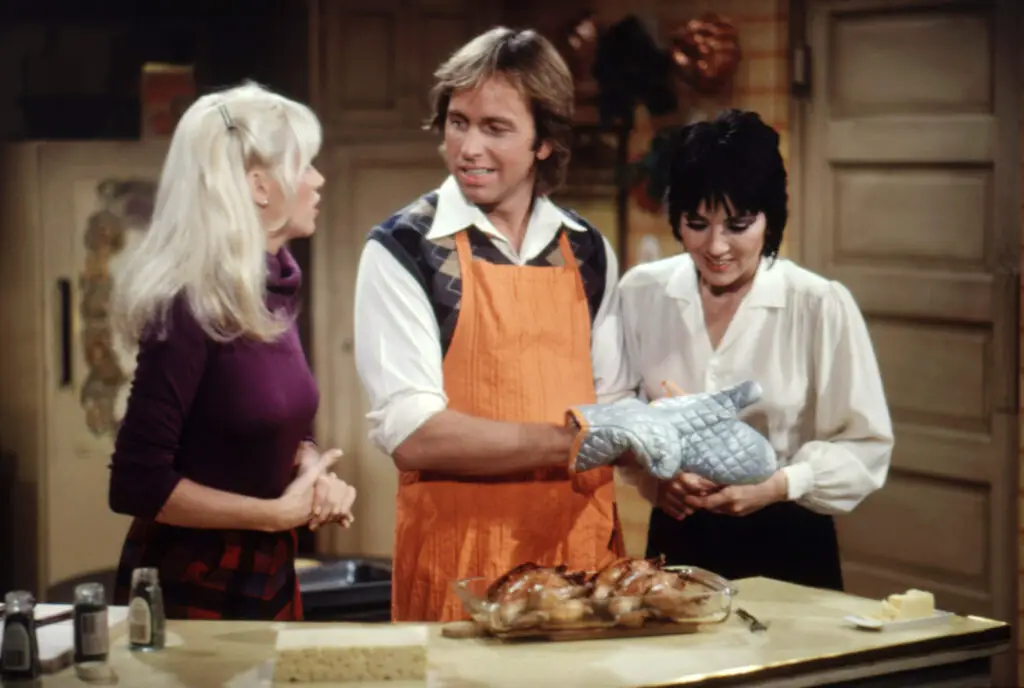
Jack Tripper was lovable, funny, and a master of physical comedy. But the entire premise of his living situation revolved around pretending to be gay so he could share an apartment with two women. The running gag depended on homophobic stereotypes and endless misunderstandings. Audiences laughed then, but the joke doesn’t sit well now.
If Jack existed today, the premise would need a complete rewrite. A modern sitcom wouldn’t use queerness as a punchline or a disguise. Ritter’s talent for slapstick would still shine, but the setup itself is outdated. It’s an example of how television once danced around taboos rather than facing them head-on.
4. Blanche Devereaux from The Golden Girls
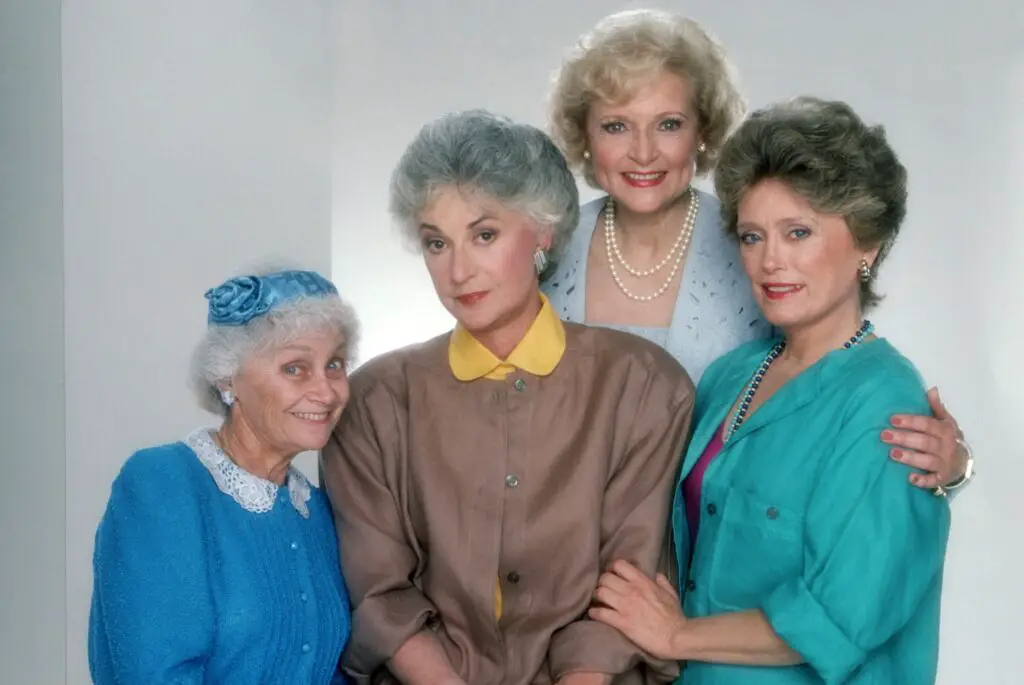
Blanche was confident, glamorous, and full of Southern charm. Her flirtatious personality and active dating life were central to many of the show’s storylines. She broke ground by proving that women over 50 could still be vibrant and sexual. But much of the humor portrayed her as “man-hungry” rather than well-rounded.
Today, Blanche might be written with more nuance and less reliance on stereotypes. Audiences would expect her dating life to be celebrated, not mocked. While she remains beloved for her confidence, her portrayal leaned on clichés that don’t hold up as well. She’s still iconic, but she would look very different in a contemporary sitcom.
5. Balki Bartokomous from Perfect Strangers
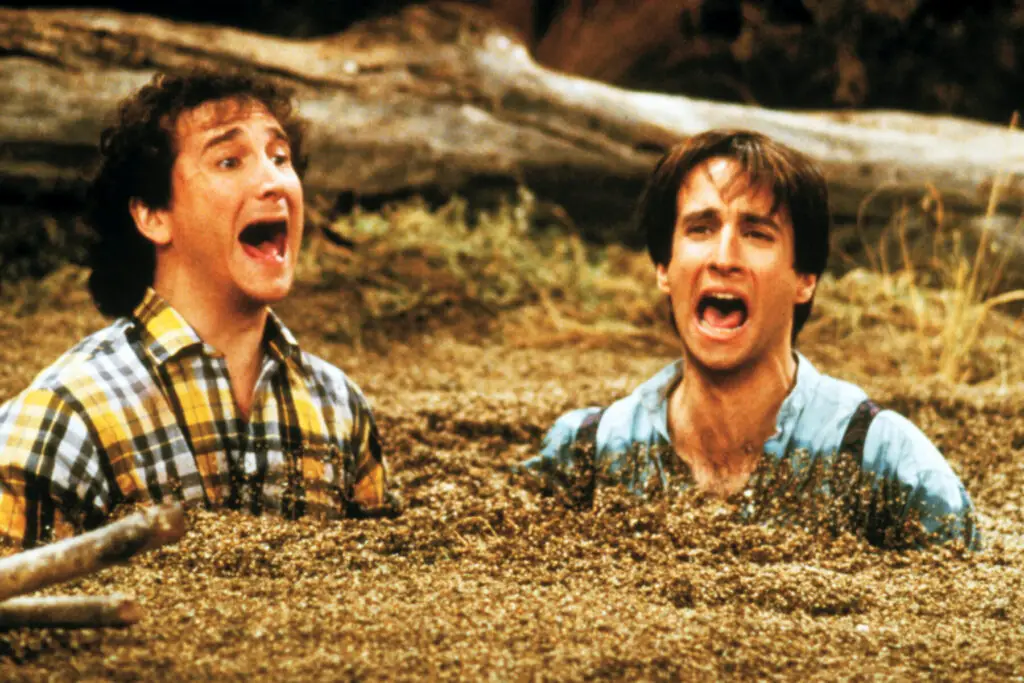
Balki was sweet, optimistic, and endlessly endearing. But his thick accent and constant confusion about American customs made him the butt of many jokes. The humor relied heavily on his “foreignness,” reducing him to a caricature. Bronson Pinchot’s charm softened it, but the stereotype was clear.
In today’s world, writers would want to show a more layered immigrant experience. The fish-out-of-water trope can still work, but not at the expense of cultural dignity. Balki would likely be given more depth and less one-dimensional humor. He’s remembered fondly, but the way he was written feels outdated now.
6. Fonzie from Happy Days
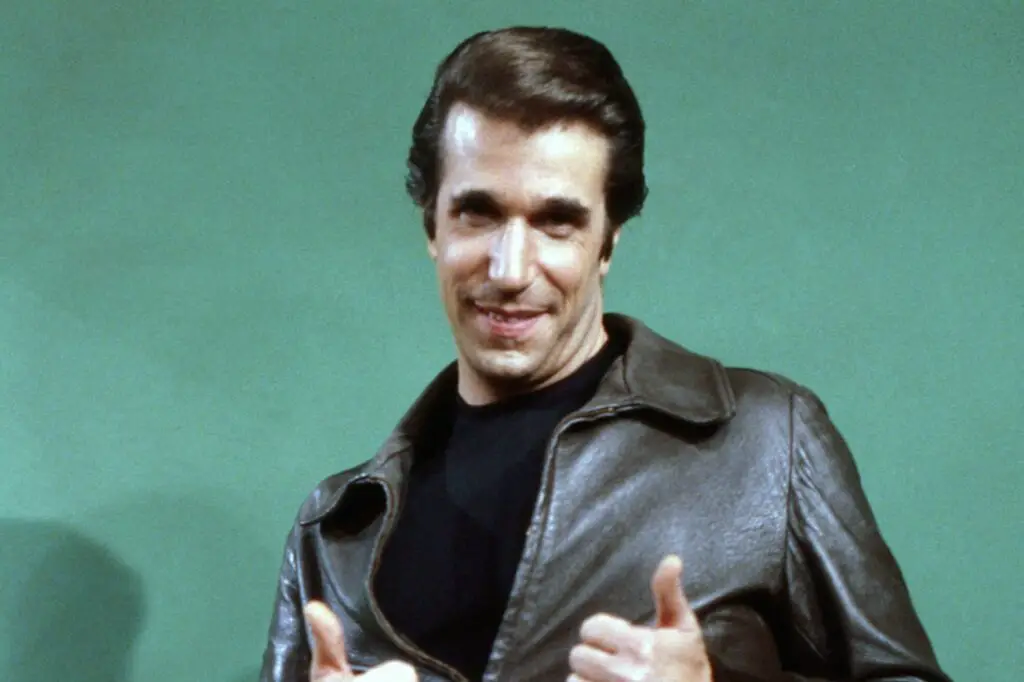
Fonzie was the epitome of cool with his leather jacket and slicked-back hair. He could fix anything with a punch and charm anyone with a smile. But a big part of his character was being a womanizer, with girls showing up at the snap of his fingers. That image, while lighthearted, sends a troubling message today.
A modern Fonzie would keep his loyalty and heart but lose the “ladies’ man” persona. Consent and respect are central now in ways they weren’t then. Henry Winkler’s charisma would still make him a fan favorite, but the writing would be adjusted. The essence of Fonzie could survive, but not the outdated gender dynamics.
7. Fez from That ’70s Show
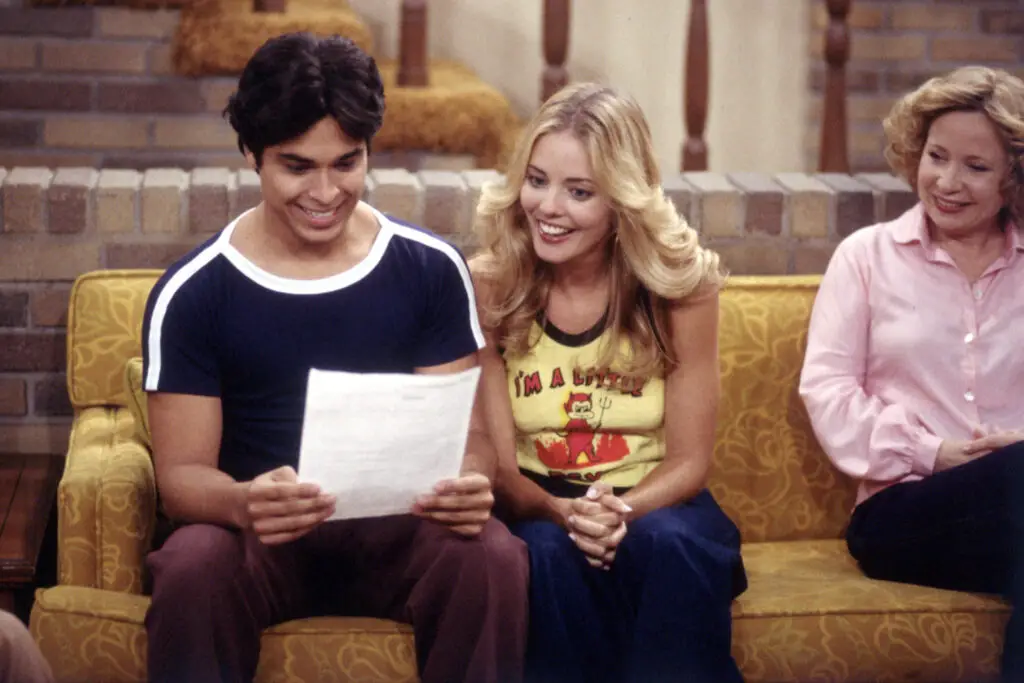
Fez was quirky, lovable, and often the odd man out. His accent, awkwardness, and obsession with girls were the basis for most of his jokes. The fact that his country of origin was intentionally never revealed made him a walking stereotype. While audiences liked him, the writing often leaned too hard on his “outsider” role.
Today, Fez would be rewritten with more depth and individuality. Reducing a character to “foreign exchange student” status wouldn’t be acceptable anymore. He would need a fleshed-out backstory and traits beyond his accent and girl-chasing. Valderrama’s performance gave him warmth, but the script limited what he could be.
8. Ralph Kramden from The Honeymooners
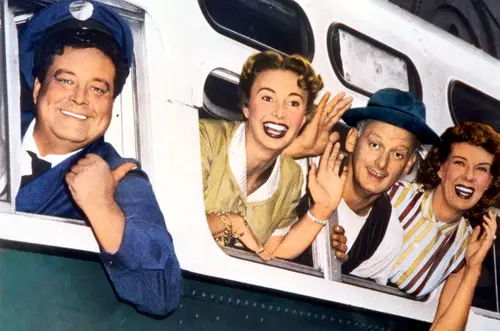
Ralph Kramden’s yelling and bluster made him a memorable everyman. His catchphrase about sending his wife Alice “to the moon” was meant as comic exaggeration. In the 1950s, it was seen as harmless banter between spouses. Today, it reads as a reference to domestic violence, something that wouldn’t be played for laughs.
Modern sitcoms would never write that kind of marital dynamic. Ralph’s frustrations as a working-class man could still resonate, but the threats would have no place. The love between him and Alice was often implied, but the way it was written wouldn’t work now. His character would need major adjustments for a modern audience.
9. Larry Dallas from Three’s Company
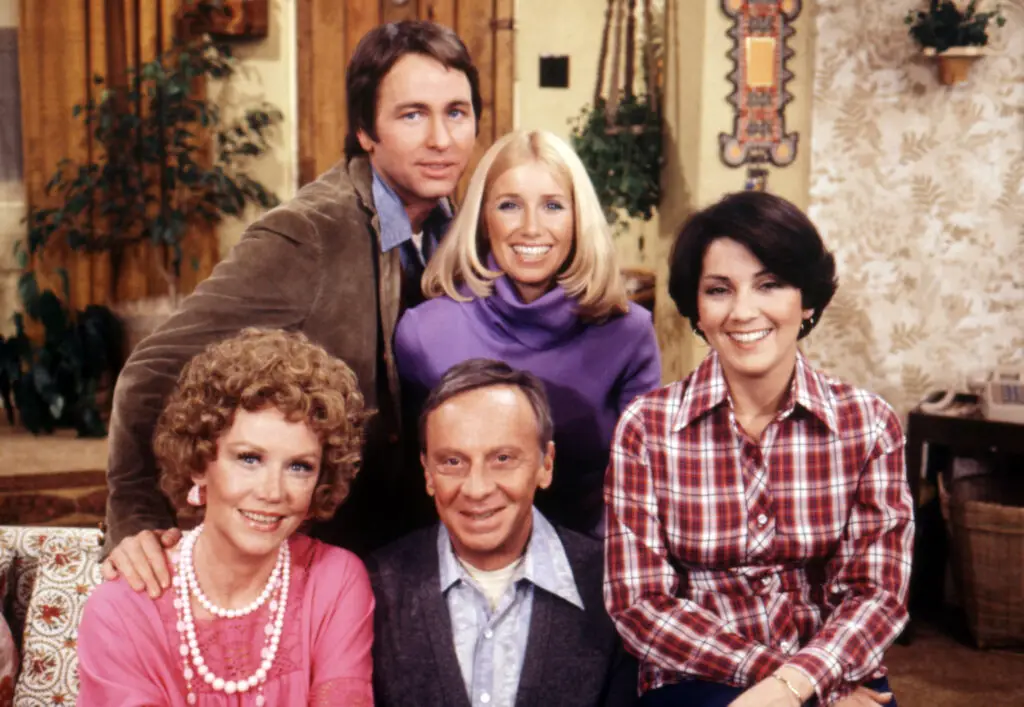
Larry was Jack Tripper’s sleazy best friend, always scheming and chasing women. He provided comic relief by being the stereotypical “womanizer.” While it was treated as harmless at the time, his behavior comes across as creepy today. He was never written with much depth beyond his pursuit of dates.
If written now, Larry would likely be portrayed very differently. The trope of the sleazy best friend doesn’t appeal to today’s audiences. He’d need a more complex personality and humor that doesn’t revolve around objectifying women. Richard Kline made him funny, but the role feels stuck in its era.
10. Al Bundy from Married… with Children
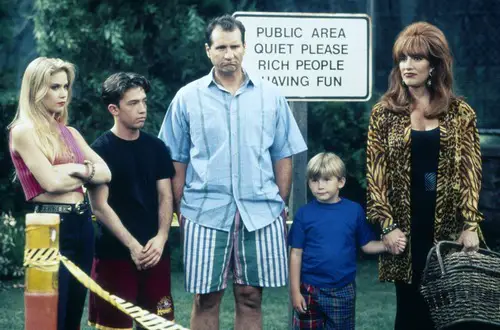
Al Bundy was cranky, bitter, and full of insults. Much of the humor came from him ridiculing his wife and kids. His misogyny and constant complaints made him the ultimate anti-hero dad. At the time, audiences found his negativity oddly refreshing.
Today, Al would likely be criticized for being too cruel. Family sitcoms still allow for flawed dads, but the outright hostility wouldn’t play the same way. His character might survive in a darker comedy, but not on a mainstream network. He’s a classic, but his brand of humor is very much tied to the ’90s.
11. Mr. Roper from Three’s Company
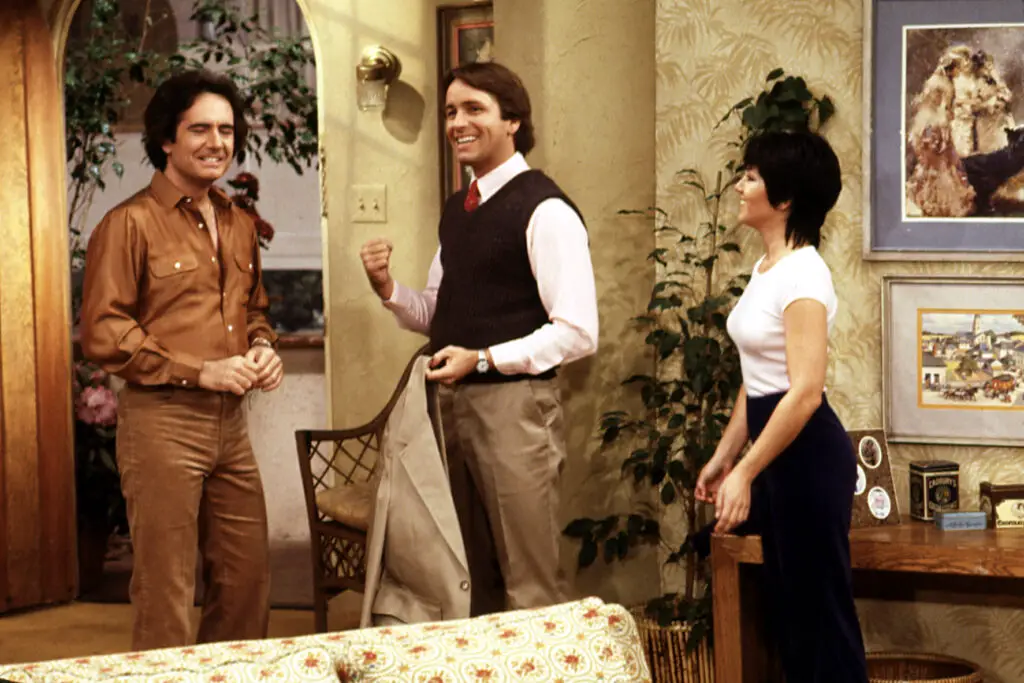
Mr. Roper was the landlord who believed Jack was gay and constantly poked fun at him. His jokes were built around stereotypes and misunderstandings. It became a recurring gag that Jack’s sexuality was something to laugh at. The humor hasn’t aged well at all.
In today’s television, that premise would be offensive rather than funny. Jokes at the expense of sexuality aren’t acceptable anymore. A modern Mr. Roper would need a completely different angle. He might still be a nosy landlord, but without the outdated humor.
12. Herman Munster from The Munsters
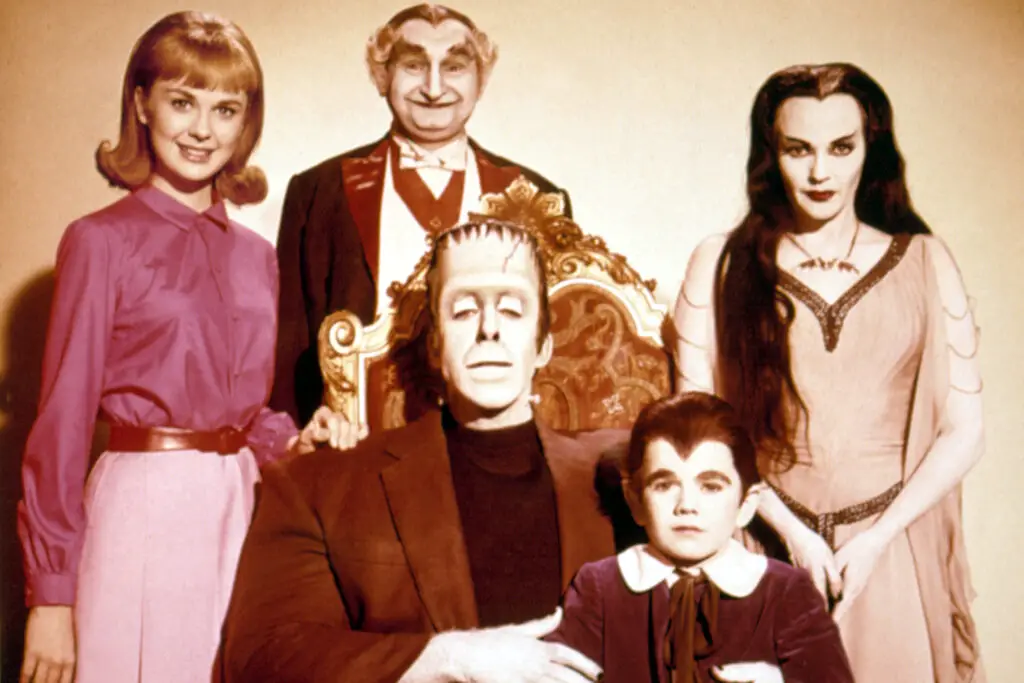
Herman Munster was big, goofy, and lovable. But many of the jokes centered on his appearance and “freakish” qualities. While lighthearted, it played into stereotypes about difference being funny. At the time, it was all part of monster comedy.
Today, writers would probably avoid leaning too much into physical difference as the source of humor. Herman could still be a sweet, bumbling dad, but with storylines less tied to his looks. Audiences are more sensitive to how “otherness” is portrayed. He would likely be given more depth beyond the gag.
13. Karen Walker from Will & Grace
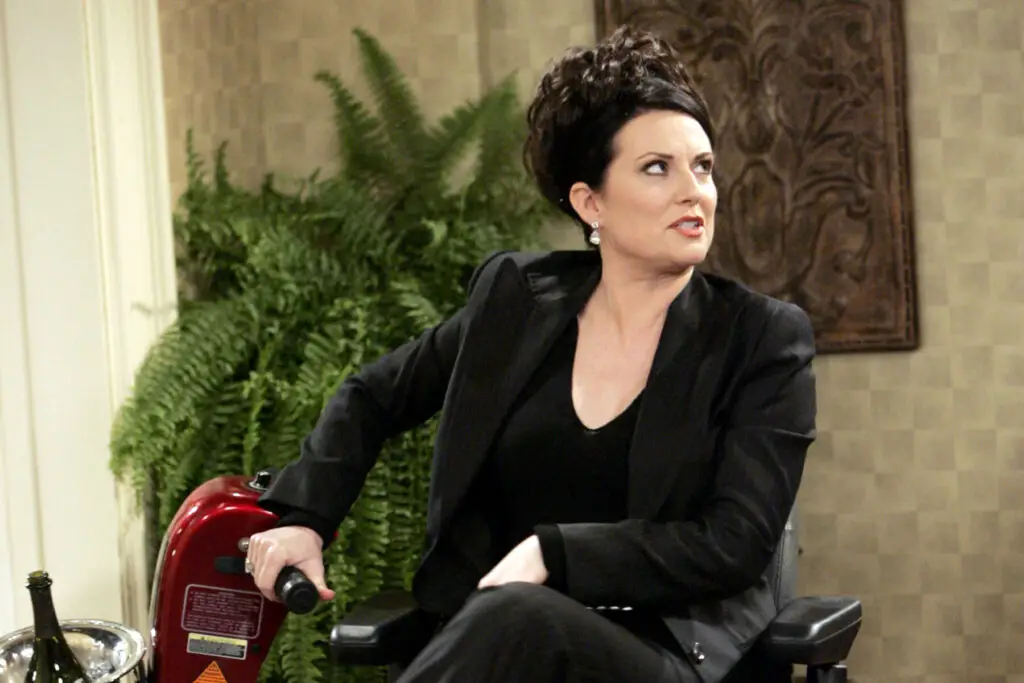
Karen was glamorous, hilarious, and outrageously inappropriate. Much of her humor came from classism, alcoholism, and sharp one-liners that insulted everyone. While Megan Mullally made her endlessly entertaining, a lot of her jokes crossed lines. She was a caricature of excess and cruelty.
In today’s sitcoms, her alcoholism might be handled differently. Punchlines about addiction don’t land the way they once did. Karen’s wit and eccentricity could survive, but the darker jokes would likely be dropped. She’s still iconic, but not all of her material holds up.
14. Cliff Clavin from Cheers

Cliff Clavin was the know-it-all mailman who never stopped talking. Most of his humor came from spouting useless trivia and being the butt of jokes. While funny, his constant stereotyping and sometimes sexist comments wouldn’t be written the same way now. His character relied on making ignorance into a gag.
A modern Cliff would still work as a barfly with odd facts, but he’d need more dimension. Today’s audiences expect even side characters to feel real, not just cartoonish. His outdated remarks would have to go. He’s a classic example of a sitcom archetype that feels too flat for today’s standards.
